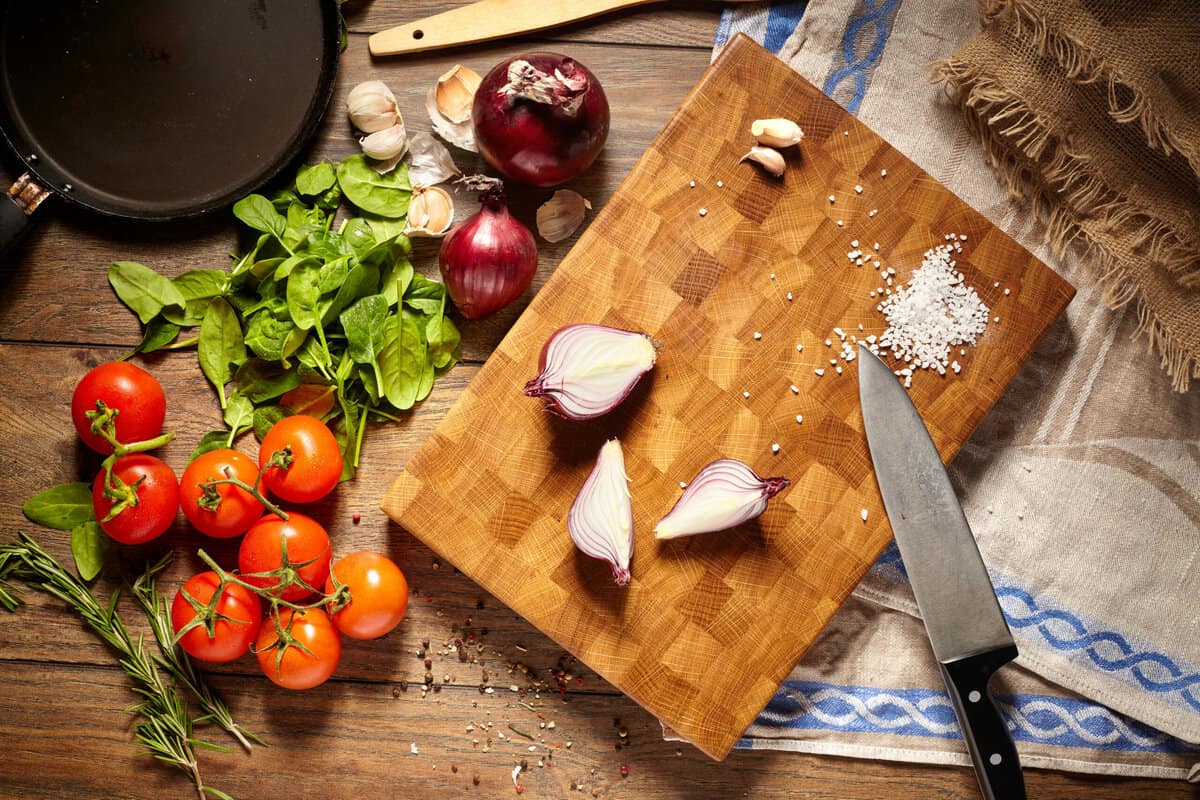Keeping your kitchen tools in perfect condition is crucial for any kitchen enthusiast, professional chef, or even the occasional home cook. One of the most used tools in the kitchen that require special attention is the humble kitchen scissors. Although often overlooked, knowing how to clean kitchen scissors is essential for hygiene and maintaining their functionality. In this article, we'll walk you through a comprehensive guide on how to clean your kitchen scissors to ensure they remain sharp and effective.

Why Cleaning Kitchen Scissors is Crucial
Before diving into the cleaning methods, it's important to understand why cleaning your kitchen scissors matters so much. Scissors come into contact with various types of food, which can lead to the accumulation of grease, bacteria, and food particles. Ignoring this can compromise both your food's hygiene and the scissors' performance.
Hygiene
Kitchen scissors often cut through raw meat, vegetables, fruits, and other food items. This can leave remnants that are not only unsanitary but can also breed bacteria. Clean tools ensure your food remains safe to eat, keeping harmful bacteria at bay.
Kitchen HygienePerformance
Accumulated grime and food particles can dull the blades, making your scissors less effective. Regular cleaning ensures that your scissors remain sharp, functional, and long-lasting.

Materials Needed for Cleaning
Gathering all necessary materials beforehand makes the cleaning process much smoother. Here's what you'll need:
- Warm water
- Mild dish soap
- Soft sponge or cloth
- Old toothbrush
- White vinegar
- Rubbing alcohol
- Cotton swabs
- Dry, clean towel

Step-by-Step Guide on Cleaning Kitchen Scissors
Follow these steps to ensure your scissors remain perfectly clean and germ-free:
Disassemble the Scissors
Many kitchen scissors are designed to be taken apart for easy cleaning. If your scissors come apart, separate them to expose all surfaces. This allows for a comprehensive cleaning process.
Initial Rinse
Start by rinsing your scissors under warm running water to remove any loose debris or food particles. This makes it easier to clean them more thoroughly later.
Soak in Warm, Soapy Water
Fill a basin or sink with warm water and add a few drops of mild dish soap. Submerge the scissors and let them soak for about 10 minutes. This helps to loosen any stubborn grime.
Scrub with a Sponge
Using a soft sponge or cloth, scrub each part of the scissors. Focus on the blades and the areas around the pivot point. Ensure you clean the entire surface to remove any signs of food residue or grease.
Use an Old Toothbrush for Hard-to-Reach Areas
An old toothbrush is perfect for cleaning the tiny crevices and around the pivot point where dirt and food particles may build up. Gently scrub these areas to ensure they are spotless.
Cleaning ToolsOptional: Disinfect with White Vinegar or Rubbing Alcohol
For an extra level of cleanliness, you can disinfect your scissors. Use a cotton swab dipped in white vinegar or rubbing alcohol to wipe down the blades and especially the pivot area. This step ensures any remaining bacteria are killed.
Rinse and Dry Thoroughly
Rinse the scissors again under warm running water to remove any soap residue. Dry them completely using a clean towel. Ensuring they are fully dry prevents rust and corrosion.

Maintaining Your Kitchen Scissors
Regular maintenance can prolong the life of your kitchen scissors. Here are a few tips:
Sharpen Regularly
Keep your scissors sharp by using a sharpening tool or getting them professionally sharpened. Dull scissors are not only ineffective but can also be dangerous to use.
Avoid the Dishwasher
The high heat and harsh detergents in dishwashers can deteriorate your scissors. Hand washing is always preferable.
Dishwasher TipsStore Properly
Store your scissors in a dry place to prevent rust. A designated holder or magnetic strip can keep them accessible and in good condition.
Common Mistakes to Avoid
When learning how to clean kitchen scissors, it's important to avoid some common pitfalls:
Skipping the Disinfecting Step
While it may seem unnecessary, disinfecting can make a significant difference in ensuring your tools are hygienic.
Using Abrasive Materials
Avoid using steel wool or abrasive pads to clean your scissors, as these can scratch and dull the blades.
Not Drying Thoroughly
Always make sure your scissors are completely dry before storing them to prevent rust.
Frequently Asked Questions (FAQ)
How often should I clean my kitchen scissors?
It's advisable to clean your kitchen scissors after every use, especially when cutting through raw meat or sticky substances.
Can I use my kitchen scissors for non-food-related tasks?
While you can, it's best to have a separate pair for non-food tasks to avoid cross-contamination and dulling the blades more quickly.
What should I do if my scissors rust?
If rust appears, scrub it gently with baking soda and a damp cloth. If the rust persists, it may be time to invest in a new pair.
For more tips on keeping your kitchen tools in optimal condition, visit Good Housekeeping.
As an Amazon Associate, I earn from qualifying purchases.






Leave a comment
This site is protected by hCaptcha and the hCaptcha Privacy Policy and Terms of Service apply.